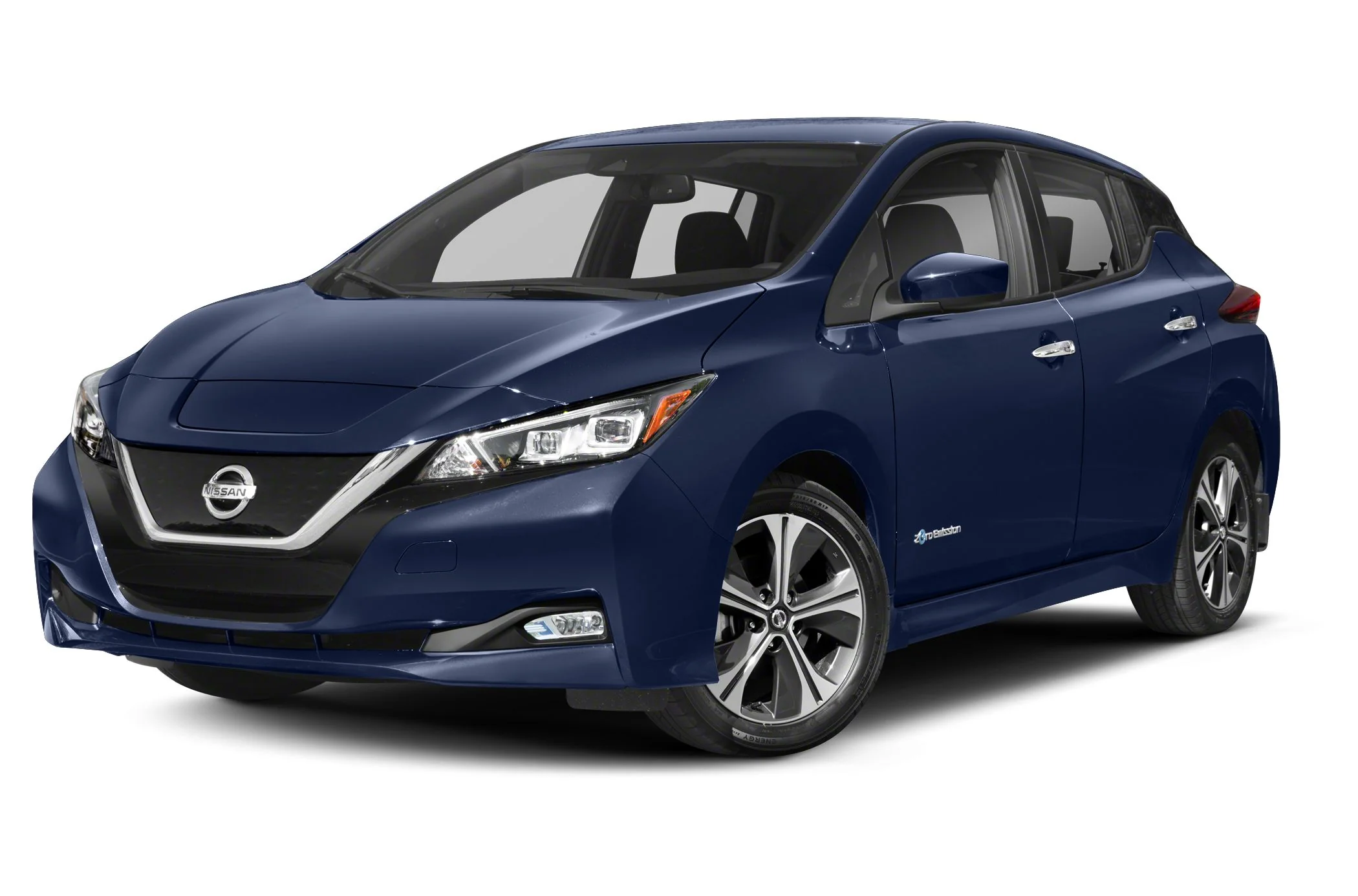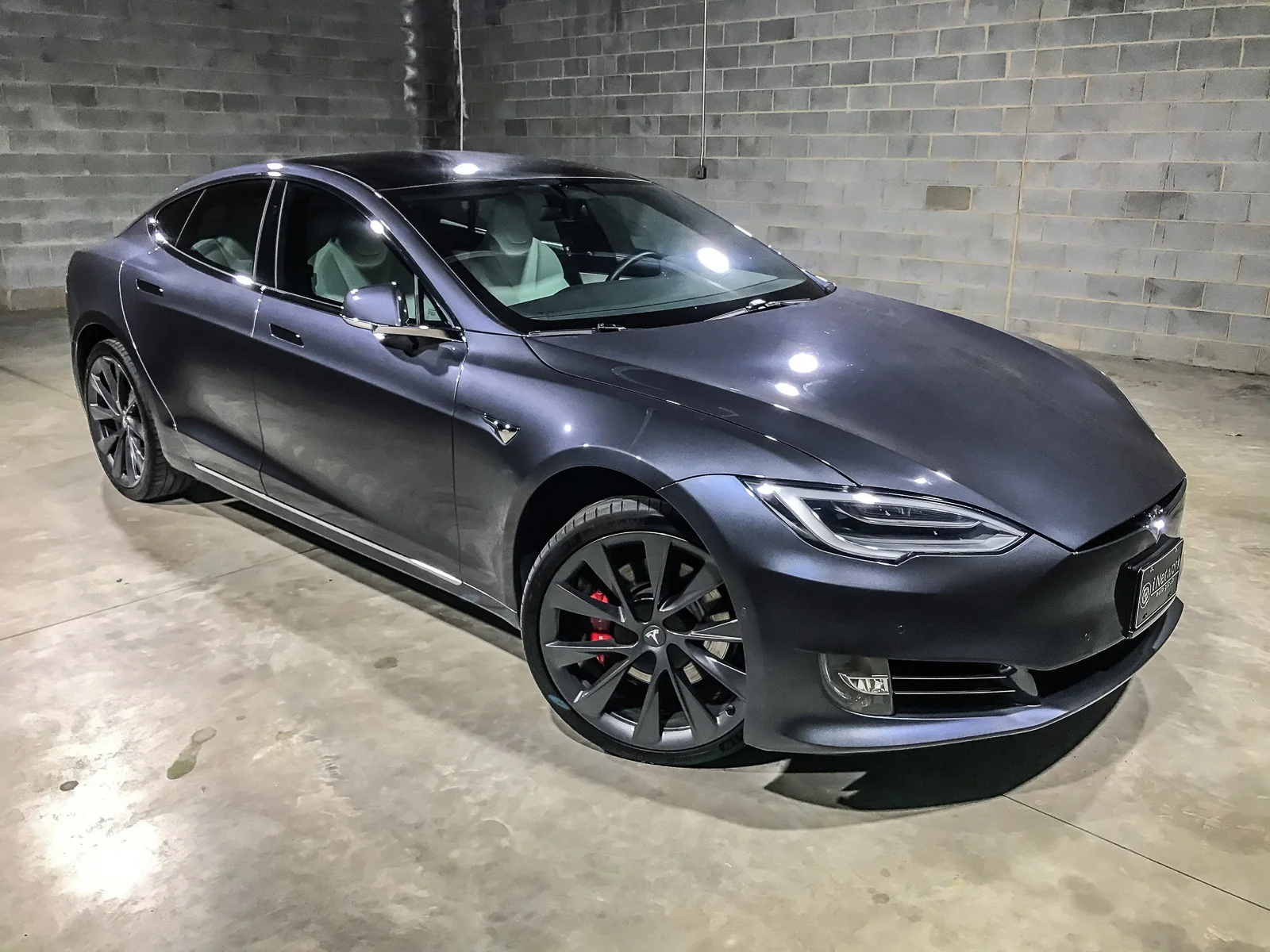How Long Does It Take to Charge an Electric Car?
This is a complete guide on how long does it take to charge an electric car in which you will learn about the factors influencing the charging time and learn in details about the concept of top-up charging.
Introduction

The battery in your electric car is like water bucket. There's nothing in there, if you want to charge it or fill the bucket with water you're going to start filling it up until you get near the top and then you'll start slowing down the tap down because you don't want the water to overflow. A car battery is exactly the same in an EV, so as you start filling it up really fast to about 80% it then starts tapering off and trickling in that charge until it gets to a hundred so that's why you'll hear a lot of manufacturers quote charge times from empty to 80%.
Factors Which Affect Charging Speed
Before we answer how long does it take to charge an electric car we shall explore five main factors which affects the time taken to charge an electric vehicle.
Environmental Factor
Ambient temperature can sometime effect the rate of charge. A colder ambient temperature is known to negatively affect the charging speed especially while using a rapid charger which means vehicles are less efficient so less number of miles are added per time charging.
State of Battery
Well this is quite obvious that if you are charging from empty to full it will take longer as compared to if you are topping from 65%.
Max Charging Rate of Charging Point
Now depending on what type of charging point you are using, the charging time will differ since different charge point have different charging rate. For example; even if your vehicle can charge at 11kW, it will only charge at 7kW on a 7kW charge point.
Size of the Battery
Just like from our previous water bucket example, if you have a bigger bucket it will take longer to fill it up with water and same goes with vehicle’s battery capacity which is measure in kWh.
Max Charging Rate of Vehicle
Depending on the manufacture of the car, different vehicles have different charge rate which it can accept. For example; if your vehicle’s max charge rate is 7kW, you won’t charge any faster by using a 22kW charge point.
So How Long Does It Take to Charge an Electric Car?
Well the simple answer is it depends. As mentioned above the charging speed depends on lot of factors but to answer this question and get close to a conclusion we shall analyze different battery configuration along with different charging methods to better understand.
Vehicle | Empty to full charging time | |||||
|---|---|---|---|---|---|---|
Model | Battery | 3.7kW slow | 7kW fast | 22kW fast | 43-50kW rapid | 150kW rapid |
Nissan LEAF  | 40kWh | 11 hrs | 6 hrs | 6 hrs | 1 hr | Can't charge on this kind of charger |
Tesla Model S  | 75kWh | 21 hrs | 11 hrs | 5 hrs | 2 hrs | <1 hr |
Mitsubishi Outlander PHEV | 13.8kWh | 4 hrs | 4 hrs | 4 hrs | 40 mins | Can't charge on this kind of charger |
Travel Range after Charging
Another important one should consider is to establish the range that one would get after the charging process so that you can get to your destination without getting out of charge. Again this is very subjective and will depend on number of factors like:
- How efficient your car is. This will depend on the size of the battery in the car. Small car with small battery are lighter in weight and are generally efficient, a good example is Renault’s Zoe which gives almost 30 miles of range per hour of charging at 7kW. Whereas there are other cars like Audi’s e-tron Quattro which have heavier battery and get roughly only 20 miles of range per hour at 7kW
- Efficiency of the car also depends on environmental factors like ambient temperature. It is observed that electric cars are generally more efficient during summers giving slightly better range per hour as compared to what they will give in winters.
Here is small table which summarizes the charging and range
Miles of range added per hour of charging | ||||
|---|---|---|---|---|
3.7kW slow | 7kW fast | 22kW fast | 43-50kW rapid | 150kW rapid |
Up to 15 miles | Up to 30 miles | Up to 90 miles | Up to 90 miles in 30 mins | Up to 200 miles in 30 mins |
How Much Does it Cost to Charge an Electric Car?
In order to better understand this, first we need to understand energy efficiency of an EV car. It is measured in kilowatt-hours (kWh) per 100 miles. So in order to calculate the cost per mile, the cost of electricity and energy efficiency of the car must be known.
For example, If electricity costs $0.13 per kWh and the vehicle consumes 33 kWh to travel 100 miles, the cost per mile is about $0.04. Therefore, If electricity costs $0.13 per kilowatt-hour, charging an EV with a 200-mile range (assuming a fully depleted 66 kWh battery) will cost about $9 to reach a full charge. Here is a important comparison between Energy cost per Mile for electric and gasoline fueled vehicles.
But it is interesting to note that some employers nowadays offer free charging for the employees throughout the work day. Moreover, public charge points at some supermarkets and car parks also offer free to use for the duration of the stay. This can help the car owners to save money in the long run.
Quiz
Here is a quiz about Electric Cars, let’s see how much can you score. Ready for the challenge?
